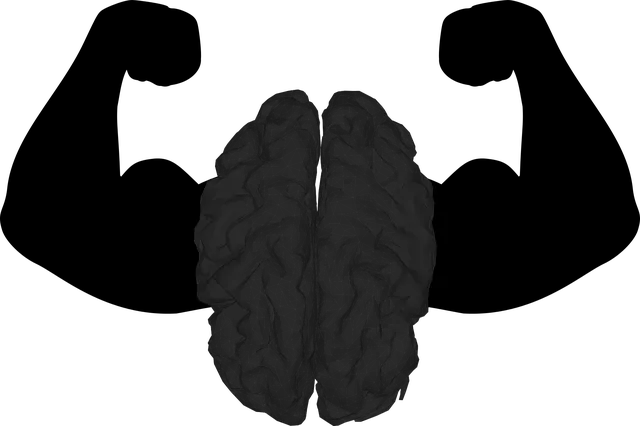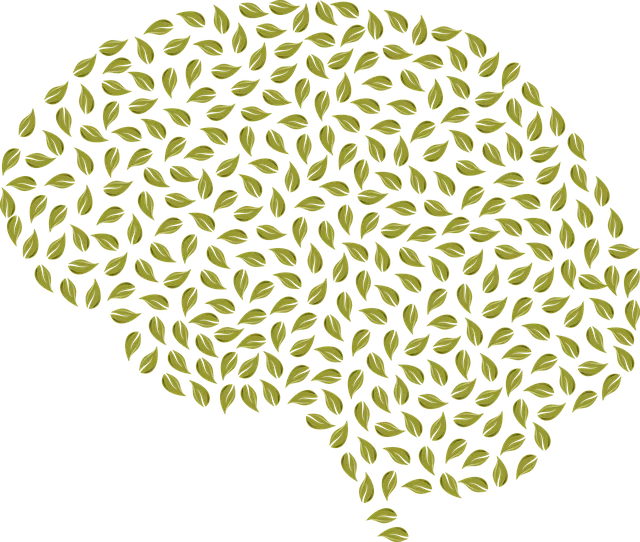Kaiser Permanente's mental health facility in Wheat Ridge utilizes the RFM (Resilience, Flexibility, Mindfulness) framework for transformative patient care. This holistic approach incorporates dynamic practices like Stress Management Workshops, mindfulness sessions, and self-care techniques to build emotional resilience. Through Compassion Cultivation Practices, staff foster empathy, creating a supportive environment. Programs focus on stress management, emotional regulation, and burnout prevention, ensuring optimal patient outcomes while maintaining staff well-being. Strategic planning, data-driven evaluations, and continuous program refinement ensure the facility's leadership in innovative mental health care solutions, particularly at its Kaiser Permanente Wheat Ridge location.
“Resilience is a powerful tool in enhancing the well-being of individuals within mental health facilities. This article explores the implementation of RFM (Recovery, Flexibility, and Mastery) programs at Kaiser Permanente Wheat Ridge, a leading mental health facility. We delve into the positive impact of resilience-building exercises on patient care, offering strategies for successful program integration. Through case studies and best practices, we uncover how Kaiser Permanente measures success and continuously improves, setting a standard for effective RFM implementation in mental health settings.”
- Understanding RFM and its Impact on Mental Health Facilities
- Kaiser Permanente Wheat Ridge: A Case Study
- The Role of Resilience-Building Exercises in Patient Care
- Implementing RFM Programs: Strategies and Best Practices
- Measuring Success and Continuous Improvement at Kaiser Permanente
Understanding RFM and its Impact on Mental Health Facilities

At Kaiser Permanente mental health facility Wheat Ridge, recognizing and addressing the psychological well-being of patients is paramount. This is where RFM (Resilience, Flexibility, and Mastery) comes into play as a transformative framework. RFM focuses on cultivating resilience—the ability to adapt and bounce back from challenges—which significantly impacts mental health outcomes. By implementing RFM principles, Kaiser Permanente Wheat Ridge aims to empower patients with effective coping strategies to navigate life’s stresses.
The integration of RFM exercises goes beyond traditional therapy. It involves innovative practices such as Stress Management Workshops Organization sessions that teach mindfulness techniques and Self-Care Practices to promote emotional regulation. Moreover, Compassion Cultivation Practices are introduced to foster empathy and understanding, creating a supportive environment where patients can build mental fortitude. These holistic approaches not only enhance individual resilience but also enrich the overall therapeutic experience at Kaiser Permanente mental health facility Wheat Ridge.
Kaiser Permanente Wheat Ridge: A Case Study

Kaiser Permanente Wheat Ridge, a renowned mental health facility, serves as an excellent case study for implementing RFM (Resilience, Flexibility, and Mindfulness) exercises to bolster professional resilience. This healthcare organization has recognized the critical need for inner strength development among its staff, especially in light of the demanding nature of their work. By integrating structured programs that focus on coping skills development and stress management, Kaiser Permanente Wheat Ridge aims to enhance the well-being and longevity of its mental health professionals.
The facility’s approach involves regular sessions tailored to address various aspects of resilience. These include mindfulness practices for managing intense emotions, flexibility training to adapt to changing patient needs, and risk assessment exercises that equip staff with strategies to mitigate professional burnout. Through these initiatives, Kaiser Permanente Wheat Ridge demonstrates a commitment to fostering a resilient work environment, ensuring its professionals can provide the best care possible while maintaining their own mental health.
The Role of Resilience-Building Exercises in Patient Care

Resilience-building exercises play a pivotal role in enhancing patient care at mental health facilities like Kaiser Permanente Wheat Ridge. These exercises are designed to equip individuals with coping mechanisms and emotional fortitude, enabling them to navigate life’s challenges more effectively. By integrating practices such as Mental Wellness Journaling Exercise Guidance and Self-Care Practices into treatment plans, the facility empowers patients to foster mental wellness. This proactive approach not only improves individual outcomes but also contributes to a broader community of resilient individuals.
The implementation of these exercises within a structured mental health setting allows for tailored support and guidance, ensuring that each patient receives personalized care. Mental Wellness Coaching Programs Development at Kaiser Permanente Wheat Ridge goes beyond traditional therapy by offering practical tools for stress management, emotional regulation, and overall well-being. This comprehensive approach ensures that patients leave the facility not just with insights but also with actionable strategies to maintain and enhance their mental wellness in the long term.
Implementing RFM Programs: Strategies and Best Practices

Implementing RFM (Resilience, Flexibility, and Mindfulness) programs at Kaiser Permanente’s mental health facility in Wheat Ridge involves strategic planning and best practices to ensure effectiveness. One key strategy is integrating RFM exercises into routine therapy sessions, fostering a safe space for patients to develop resilience through emotional regulation techniques. Healthcare providers can incorporate mindfulness practices, such as meditation and breathing exercises, to enhance patient coping skills.
Additionally, empathy-building strategies are vital for cultivating strong therapeutic relationships. Kaiser Permanente’s mental health professionals should undergo comprehensive cultural competency training to better understand and address diverse patient needs. Effective Risk Management Planning is also essential, focusing on identifying potential triggers and implementing supportive interventions. These approaches collectively contribute to a robust RFM program at the Wheat Ridge facility, promoting resilience and enhancing patient outcomes in a dynamic healthcare environment.
Measuring Success and Continuous Improvement at Kaiser Permanente

At Kaiser Permanente’s Wheat Ridge mental health facility, measuring success goes beyond simple numbers. They employ a holistic approach to evaluating the effectiveness of their resilience-building exercises and programs, focusing on both quantitative and qualitative data. This includes tracking improvements in patient mood management, as well as gathering feedback through surveys and interviews to understand the impact on their overall well-being. By integrating these insights, Kaiser Permanente can continuously refine their Mental Health Education Programs Design, ensuring they meet the evolving needs of their diverse patient population.
Moreover, their commitment extends to addressing Mental Illness Stigma Reduction Efforts. Regular assessments help identify areas where patients feel more supported and less stigmatized, allowing the facility to adapt and enhance its services accordingly. This data-driven approach fosters a culture of continuous improvement, positioning Kaiser Permanente as a leader in providing effective mental health care solutions.
Resilience-focused interventions, as demonstrated by Kaiser Permanente Wheat Ridge’s implementation of RFM programs, hold significant promise in enhancing patient care within mental health facilities. By integrating resilience-building exercises into their approach, these institutions can foster a sense of empowerment among patients, enabling them to navigate challenges more effectively. As evidenced by the success at Kaiser Permanente, adopting evidence-based strategies and best practices for RFM implementation can lead to measurable improvements in patient outcomes and overall well-being. This case study underscores the value of investing in resilience-building initiatives within mental health care settings, ultimately contributing to more robust and sustainable recovery journeys for individuals seeking support.






